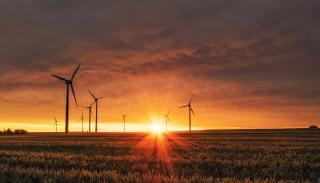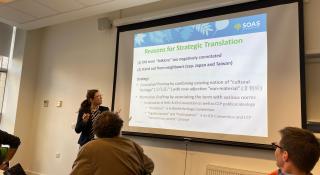
Breadcrumbs navigation
Post-growth theories in a global world: A comparative analysis
In this short video abstract, author Lorenzo Fioramonti discusses the key arguments from his new Review of International Studies article -'Post-growth theories in a global world: A comparative analysis'.
Want to know more? You can read the full article at DOI: https://doi.org/10.1017/S0260210524000214
This particular article is open access, however BISA members receive access to all articles in RIS (and our other journal European Journal of International Security) as a benefit of membership. To gain access, log in to your BISA account and scroll down to the 'Membership benefits' section. If you're not yet a member join today.
Abstract
The process of globalisation, the global pecking order, and most international development policies are anchored on the concept of economic growth, which is at the same time increasingly questioned on social and ecological grounds. Increases in global output (GDP) are indeed among the main drivers of energy and natural resources overuse, with potentially destructive consequences for the overall ecological balances sustaining life on the planet. As a consequence, a number of post-growth theories and approaches have emerged over the past few years. This article carries out a comparative analysis of three main post-growth schools of thought in order to trace back their origin, evolution, and policy impacts at the global level. It also investigates the main points of tension and synergy to advance the debate on how best to challenge conventional growth-based policies in the international arena.
Image from Karsten Würth on Unsplash


